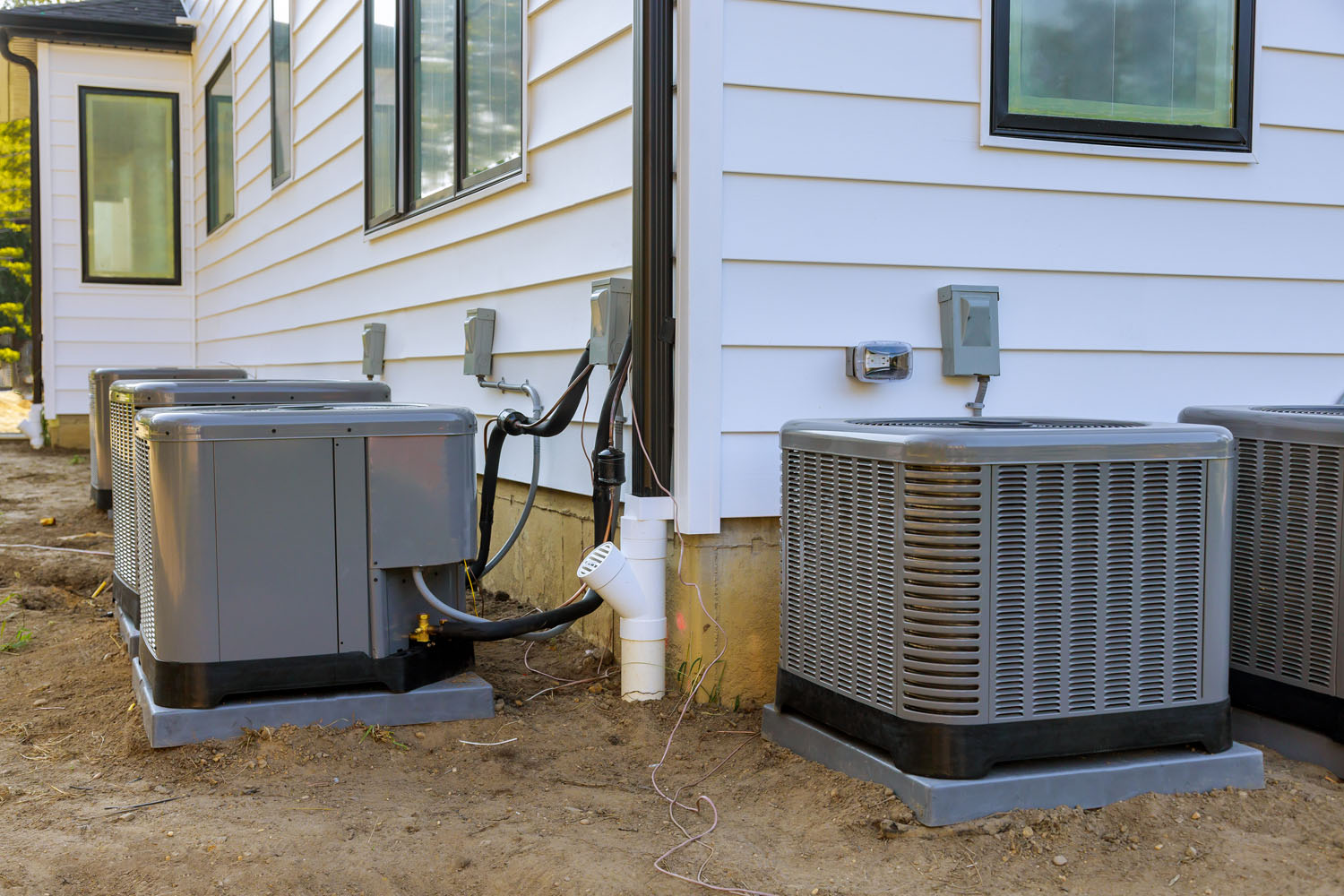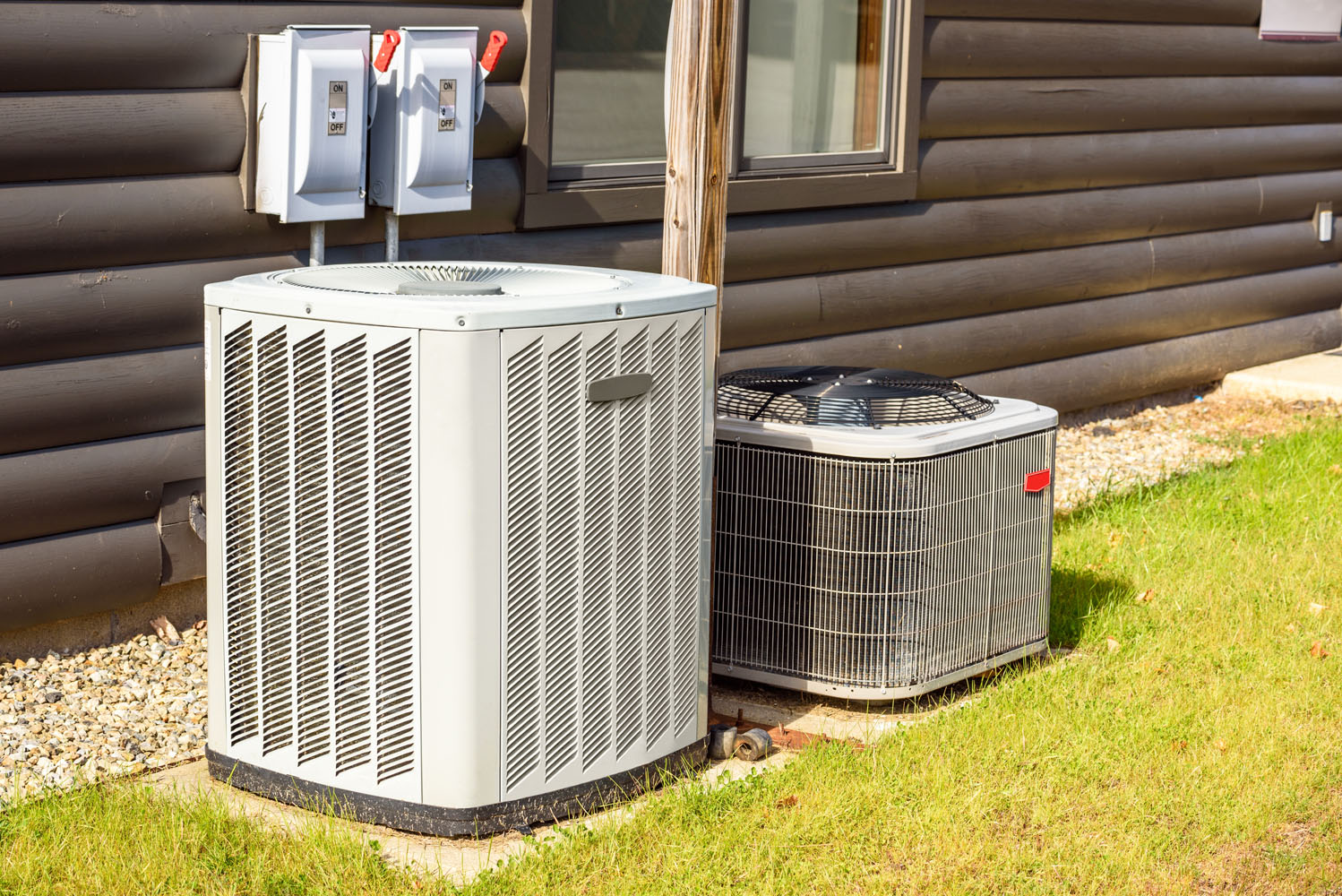Achieving Net Zero Emissions and Decarbonization for Businesses in Australia
Introduction to Net Zero Emissions and Decarbonization
Net zero emissions and decarbonization are becoming critical goals for businesses worldwide, including in Australia. Achieving these objectives involves reducing greenhouse gas emissions to as close to zero as possible, with any remaining emissions balanced by removal initiatives. As an executive-level strategy, committing to net zero emissions not only enhances environmental sustainability but also positions businesses as leaders in corporate responsibility and innovation.
Understanding Net Zero Emissions and Decarbonization
What is Net Zero Emissions? Net zero emissions refer to the balance between the amount of greenhouse gases produced and the amount removed from the atmosphere. Achieving net zero means that any carbon emissions generated by business activities are offset by initiatives that remove an equivalent amount of carbon from the atmosphere, such as reforestation or carbon capture technologies.
Decarbonization Explained Decarbonization involves reducing carbon dioxide emissions through various methods, including adopting renewable energy sources, enhancing energy efficiency, and implementing sustainable practices across operations. It is a crucial step towards achieving net zero emissions.
How Businesses Can Achieve Net Zero in Australia
Strategic Planning and Assessment Businesses must start with a comprehensive assessment of their current carbon footprint. This involves analyzing all sources of emissions, from direct operational activities to indirect emissions through supply chains. Strategic planning is then required to set realistic and achievable targets for emission reductions.
Renewable Energy Adoption Switching to renewable energy sources like solar and wind power is a significant step toward decarbonization. Installing solar panels, investing in wind energy, or purchasing green energy credits can drastically reduce a company’s carbon footprint.
Energy Efficiency Improvements Implementing energy-efficient technologies and practices can lead to substantial reductions in energy consumption and emissions. Upgrading to LED lighting, optimizing HVAC systems, and using energy-efficient appliances are practical steps businesses can take.
Sustainable Supply Chain Management Engaging with suppliers to ensure they also adopt sustainable practices helps reduce the overall carbon footprint. Encouraging or requiring suppliers to comply with environmental standards can amplify the impact of a business’s decarbonization efforts.
Carbon Offsetting Initiatives For emissions that cannot be entirely eliminated, businesses can invest in carbon offset projects. These projects can include reforestation, conservation efforts, and investments in carbon capture and storage technologies.
Incentives Available to Assist Businesses
Government Grants and Rebates The Australian government offers various grants and rebates to support businesses in their efforts to reduce emissions. Programs like the Emissions Reduction Fund (ERF) provide financial incentives for implementing carbon reduction projects.
Tax Incentives Businesses can benefit from tax deductions for investments in energy-efficient equipment and renewable energy systems. These incentives help offset the initial costs associated with transitioning to sustainable practices.
Green Loans and Financing Financial institutions offer green loans with favorable terms for projects that aim to reduce carbon emissions. These loans support investments in renewable energy, energy efficiency upgrades, and other sustainable initiatives.
Why Businesses Should Pursue Net Zero Emissions
Corporate Responsibility and Reputation Achieving net zero emissions enhances a business’s reputation and demonstrates a commitment to sustainability. This can attract environmentally conscious customers, investors, and partners.
Operational Efficiency and Cost Savings Energy-efficient practices and renewable energy adoption often lead to long-term cost savings. Reduced energy bills and operational efficiencies contribute to a healthier bottom line.
Compliance and Risk Management Staying ahead of regulatory changes and compliance requirements is crucial. Pursuing net zero emissions helps businesses mitigate risks associated with future environmental regulations and potential penalties.
Market Competitiveness Businesses that lead in sustainability initiatives gain a competitive edge in the market. Consumers and clients are increasingly favoring companies that demonstrate environmental stewardship.
How Australian Energy Upgrades Can Assist
Expert Consultation and Planning Australian Energy Upgrades provides expert consultation to help businesses assess their current emissions and develop a comprehensive plan to achieve net zero. Our tailored solutions ensure that your specific needs and goals are met effectively.
Renewable Energy Solutions We offer a range of renewable energy solutions, including solar power installations and energy storage systems, to help businesses reduce their reliance on fossil fuels and lower their carbon footprint.
Energy Efficiency Upgrades Our team specializes in identifying and implementing energy-efficient technologies and practices. From LED lighting upgrades, Solar and Battery installations to HVAC system optimizations, we provide the expertise needed to enhance energy efficiency across your operations.
Sustainable Practices Implementation We assist businesses in integrating sustainable practices into their operations, ensuring a holistic approach to decarbonization. Our services include supply chain sustainability, waste management, and water conservation strategies.
Incentive Navigation Navigating the complex landscape of government incentives and rebates can be challenging. Australian Energy Upgrades helps businesses identify and apply for relevant grants, tax incentives, and green financing options to support their decarbonization efforts.
Contact Australian Energy Upgrades Today
Take the first step towards achieving net zero emissions and decarbonization with Australian Energy Upgrades. Contact us to learn how our expert services can help your business lead in sustainability, reduce operational costs, and enhance your market reputation. Visit our website or reach out to our team to start your journey towards a more sustainable and profitable future.







